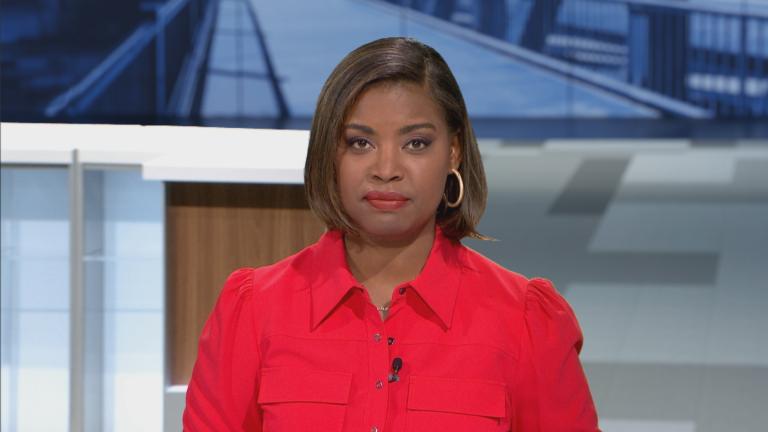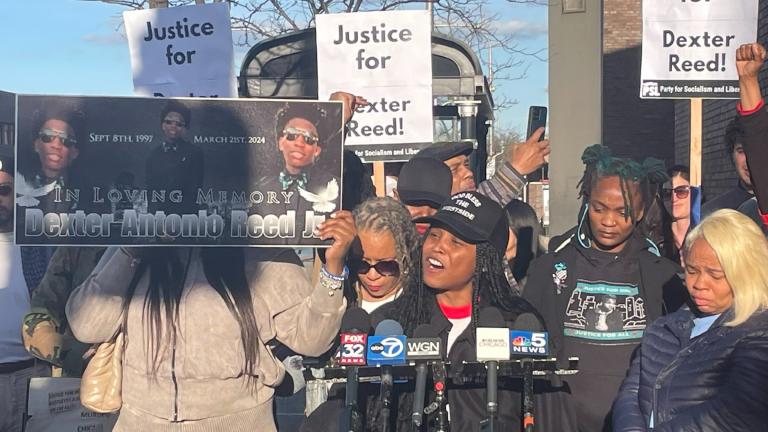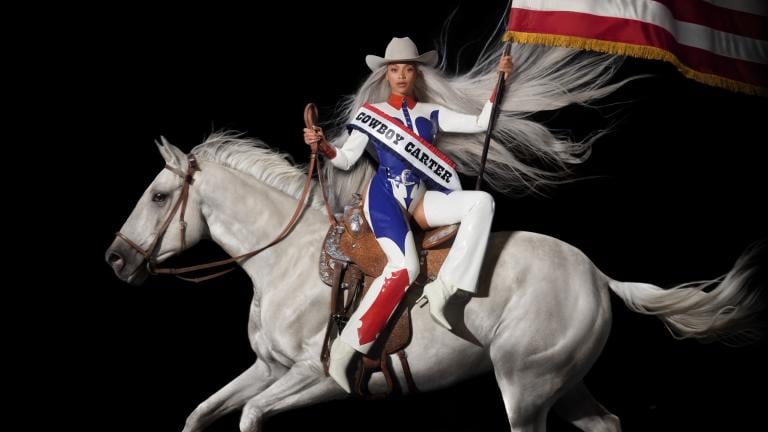Local and national media outlets often report on Chicago’s gun violence and the communities it impacts, but many times they leave out why communities of color are hit the hardest.
Getting to the why is the theme of the book in the latest installment of our Black Voices Book Club Series. “Hood Healing: Interviews With Some of Chicago’s Most Prolific Voices In Media and Black Culture” unpacks the generational trauma Black people experience and how that impacts communities.
“Generational trauma really describes the passing down of trauma in our families, and as we can pass down genetics and look like our mothers and fathers, we can internalize and pass down trauma, so it is the passing down of trauma in our families,” said author Vee Harrison.
Harrison says she wanted to write “Hood Healing” to tackle the stories the mainstream media often leaves out and change the narrative.
“This country has done a very poor job at teaching our generations the truth, and so what we are typically landing with are things that were handed down generation to generation, that’s not necessarily the truth,” said Harrison. “So, the media is only giving the narrative that it chooses to give, and most Black journalists are wanting to change that narrative. There’s power in changing that narrative.”
Harrison said the media can be a little more empathetic about how it covers neighborhoods, specifically Black and Brown communities, and also do more research to understand the people living there. Harrison also shares her personal traumas in “Hood Healing” and how they’ve shaped her.
“So for me, it was very important as I made this point of healing in my book to talk about my own traumatic experiences and how I am on a journey of self -healing myself,” said Harrison. “I am no guru, I am no doctor of trauma, but I am a person of lived experience from traumatic things in my life. And so it’s very important to get vulnerable because people receive those stories and they relate.”
Harrison interviewed several journalists for her book, along with her mother. She said it was important for her to share a variety of stories and perspectives.








